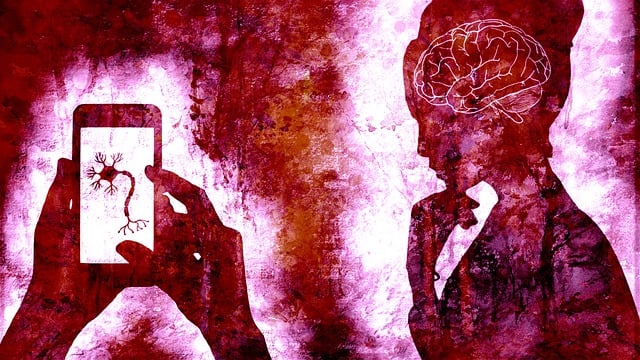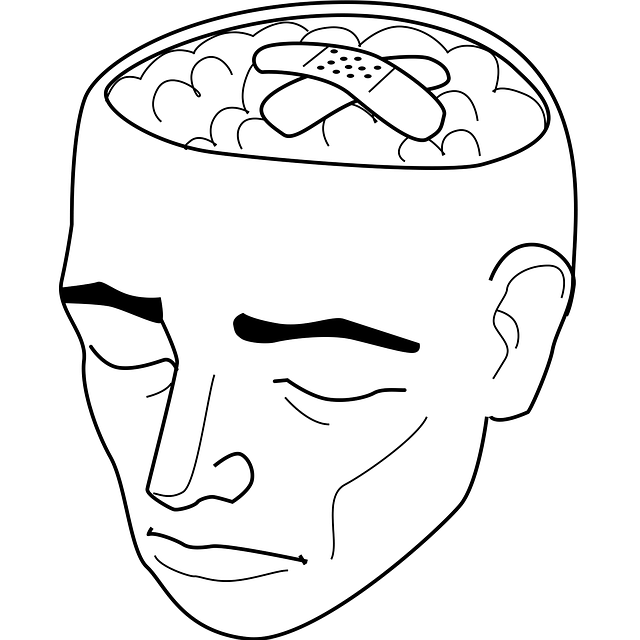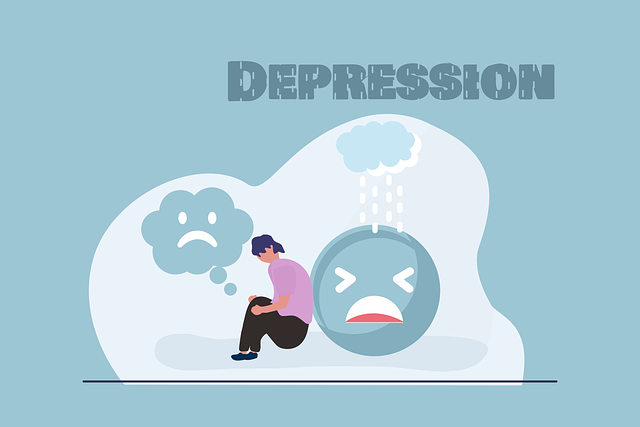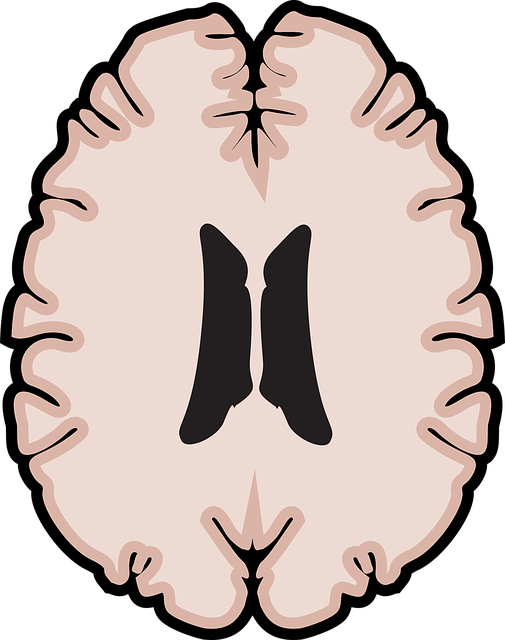Psychosis in adults is a complex condition linked to severe mental health issues like schizophrenia or PTSD, impacting daily life. Effective management includes tailored therapy (CBT, family therapy), medication, and risk planning. Integrating trauma-informed care is vital as trauma often co-occurs with psychotic disorders. Key strategies involve promoting emotional well-being, developing self-care routines, addressing underlying trauma through evidence-based therapies, and fostering resilience. Specialized therapy for adults psychosis, combined with public awareness campaigns, equips individuals to overcome traumatic experiences and improve life quality. This approach centers on understanding unique individual experiences, using CBT, EMDR, cultural sensitivity, and social skills training for comprehensive care.
Trauma support services play a pivotal role in helping individuals cope with psychotic disorders stemming from adult psychosis. This article delves into the intricate relationship between trauma and psychotic episodes, offering insights into how past traumas can significantly impact mental health. We explore the available support services and therapies tailored for trauma-informed care, highlighting effective strategies to navigate this complex landscape. By understanding these approaches, we can enhance our assistance to those suffering from adult psychosis, emphasizing the crucial link between trauma healing and psychological recovery.
- Understanding Adult Psychosis and Its Impact
- The Role of Trauma in Psychotic Disorders
- Available Support Services and Therapies
- Effective Strategies for Providing Trauma-Informed Care
Understanding Adult Psychosis and Its Impact

Psychosis in adults is a complex mental health condition characterized by distorted perceptions and thoughts that can significantly impair daily functioning. It’s often associated with severe mental illnesses such as schizophrenia, bipolar disorder, or post-traumatic stress disorder (PTSD). The impact of psychosis varies greatly among individuals, ranging from brief episodes to chronic conditions affecting all aspects of life. Without proper support, adults experiencing psychosis may struggle with social isolation, unemployment, and poor physical health.
Effective trauma support services play a pivotal role in managing psychosis by offering tailored therapy for adults affected. Approaches like cognitive-behavioral therapy (CBT), family therapy, and medication management can help individuals navigate their symptoms, improve coping strategies, and enhance overall mental wellness. Moreover, integrating Risk Management Planning for Mental Health Professionals and Healthcare Provider Cultural Competency Training ensures a safe and culturally sensitive environment for these vulnerable patients.
The Role of Trauma in Psychotic Disorders

Trauma can significantly contribute to psychotic disorders, often exacerbating symptoms and complicating recovery. It’s crucial to understand this interplay to effectively provide trauma-informed care for adults experiencing psychosis. In many cases, individuals with psychotic disorders have experienced early life adversities or traumatic events, such as abuse, neglect, or violence, which can lead to a heightened vulnerability to developing these conditions.
Therapy for Adults Psychosis that incorporates emotional well-being promotion techniques and self-care routine development for better mental health is essential. By addressing the underlying trauma, practitioners can facilitate inner strength development, helping individuals manage symptoms more effectively. Incorporating evidence-based therapies tailored to address complex co-occurring disorders, along with supportive services designed to foster resilience, are key strategies in supporting long-term recovery and promoting a sense of stability and well-being.
Available Support Services and Therapies

In navigating the complex landscape of trauma support, various services and therapies offer a crucial crucible for healing. One prominent area is therapy for adults psychosis, focusing on restoring mental wellness and enhancing life quality. Professional counseling sessions employ evidence-based practices to manage symptoms, improve coping strategies, and foster resilience. Mental wellness journaling exercise guidance has proven effective in promoting self-reflection and emotional regulation.
Additionally, public awareness campaigns development plays a vital role in destigmatizing trauma and depression prevention. These initiatives educate communities about the availability of support services and encourage individuals to seek help proactively. Through a combination of specialized therapy for adults psychosis and broader mental health promotion efforts, individuals can access the tools needed to overcome traumatic experiences and cultivate lasting well-being.
Effective Strategies for Providing Trauma-Informed Care

Providing trauma-informed care requires a nuanced approach that prioritises understanding and addressing an individual’s unique experiences. Effective strategies involve integrating evidence-based practices, such as cognitive behavioural therapy (CBT) and eye movement desensitisation and reprocessing (EMDR), to help clients process traumatic memories safely. Mind Over Matter principles can be employed to empower individuals, fostering a sense of agency and resilience.
Cultural sensitivity in mental healthcare practice is paramount. Tailoring interventions to respect an individual’s cultural background, beliefs, and values ensures that therapy for adults experiencing psychosis is both accessible and effective. Social Skills Training can complement traditional therapy by enhancing communication and interpersonal relationships, addressing potential social barriers related to trauma.
Trauma support services play a pivotal role in aiding individuals affected by psychotic disorders. By integrating trauma-informed care, as discussed, professionals can significantly enhance recovery outcomes for adults experiencing psychosis. The availability of specialized therapies and understanding the intricate link between trauma and psychosis is essential. Moving forward, healthcare providers should strive to improve access to these services, ensuring that those navigating adult psychosis receive comprehensive, empathetic, and effective treatment.














